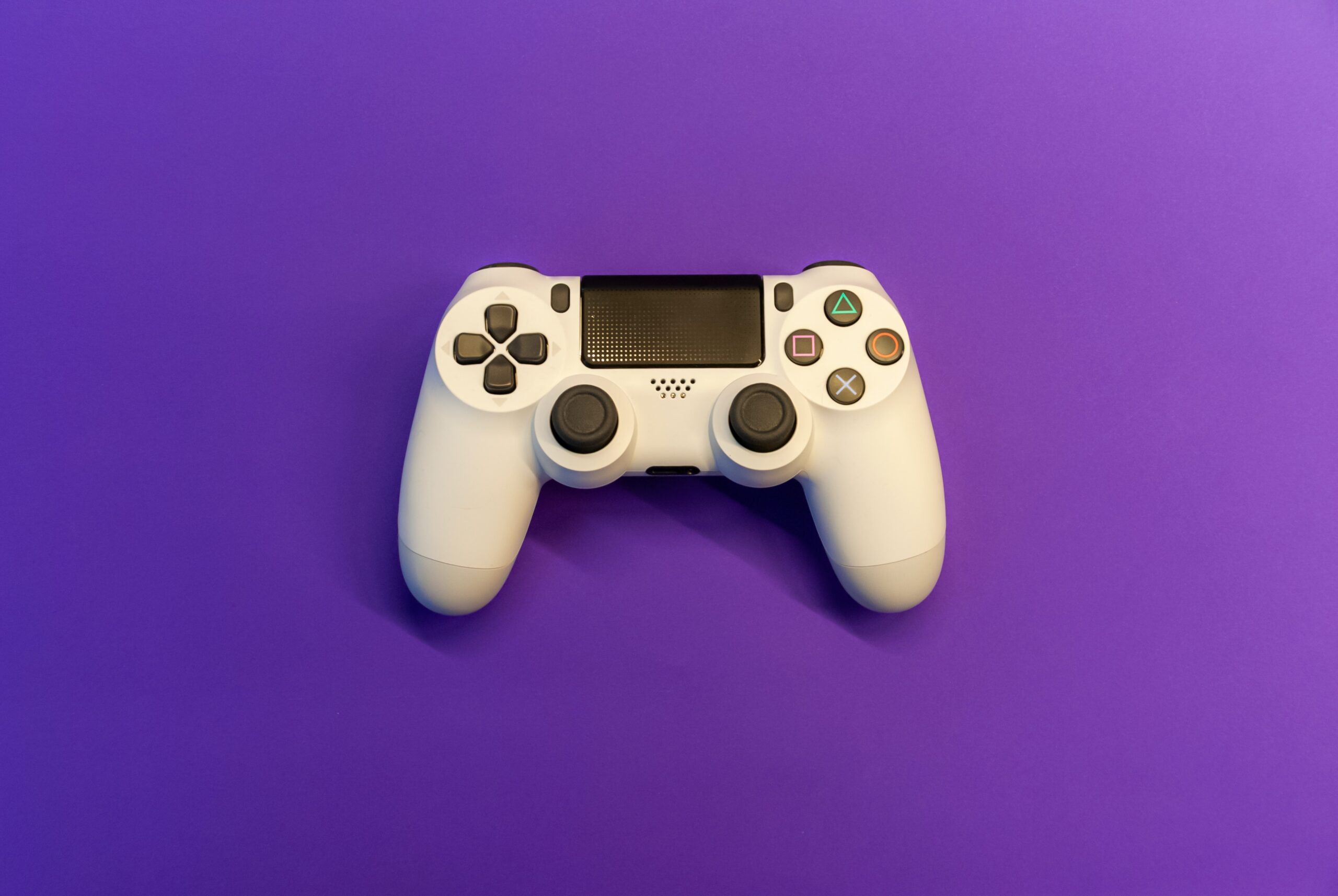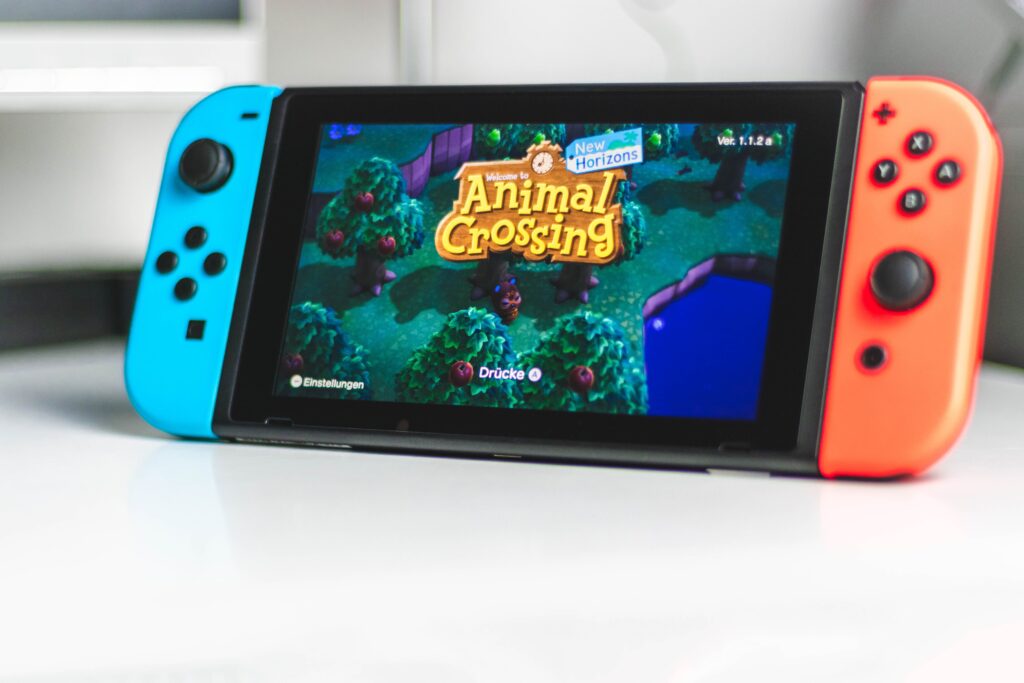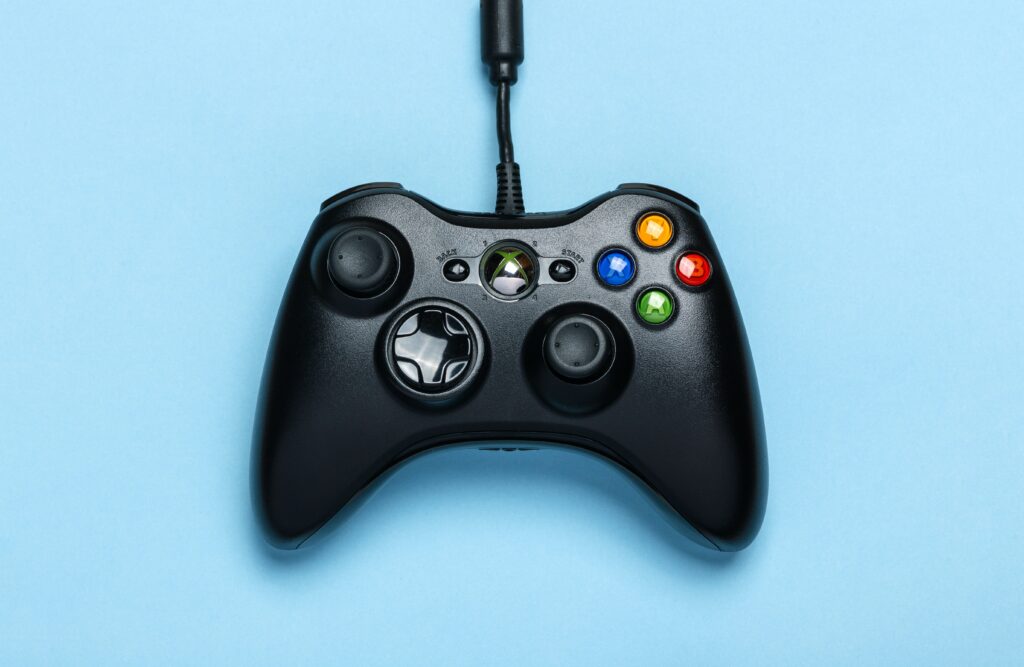
There are many misconceptions about video games, that they always lead people to be more violent or that the gamers who play them are antisocial and prefer to play alone in their rooms. People often stereotype video games as being a hinderance to young people in modern society but gaming is not just a mindless pastime, studies have shown that there are actually many real life benefits to playing video games. Video games can improve coordination, exercise our brains and allow our imaginations to flourish.
Gaming also provides many people with a safe space, a community of like-minded people who share a common bond. Now, over 70% of gamers play with friends, with games allowing people to play together or in competition. Games that feature communities or working within groups, can also lead to helping behaviours, meaning people who interact in helpful ways with people in games will also interact in helpful ways in real-life.
Our minds love to escape into different worlds and playing video games are just one way to do this. This escapism was particularly important during the pandemic, when people were confined to their rooms and houses for months on end. During this time, the University of Oxford examined people’s happiness levels and their amount of time playing Animal Crossing. Surprisingly, researchers found that those who played for four hours a day were happier than those who didn’t. This doesn’t mean that Animal Crossing makes you happy, what it does mean is that video games may not be bad for your metal health like people once thought. Researchers are now discovering that video games can actually beneficial for your mental wellbeing. Microsoft did research with the Xbox Research Accessibility Community Feedback Program and discovered that 84% of gamers felt that gaming positively affected their mental health over the last year and 71% of people said that their gaming made them feel less isolated.

Even before the pandemic, more psychologists and researchers were becoming interested in the positive effects of gaming. Video games now have dramatically changed over the last few years, becoming more complex, realistic, diverse and social, which has also changed their impact and effect on people. Some researchers think that including elements of real life psychology leads to the real life benefits. Game researcher Katherine Isbister, has said that video games play quite a powerful role in creating empathy and other strong positive emotional experiences for the gamers playing them.
In 2013, research from The Netherlands found that video games have cognitive, motivational, emotional and social benefits for the people playing them. In the past, many people believed that video games were too violent, especially first person ‘shooter’ games. However, our brains can also be exercised and trained by playing shooter games, like Call of Duty or Battlefield, they improve attention and spatial skills. Games like The Witness or Portal which have in-game puzzles can also improve memory and problem-solving. Many games have puzzles or levels that can cause frustration or anxiety but playing these games often can help our brains to build up our ability for emotional-regulation, which means that learn to better manage anxiety and frustration in the game and in our everyday lives. Many well-known video games are associated with wellbeing benefits, Angry Birds can improve moods, MindLight minimises anxiety and Boson X minimising rumination, or continuous negative thoughts, in people with depression.
Kelli Dunlap, a clinical psychologist who uses video games in her clinical practice, believes that games can help people with mental illness by providing ways to relax, connect with others and build confidence. In video games, the person can make decisions and have power over the world around them. This is really beneficial for mental wellbeing as we often may feel powerless, or like we have no control over our own lives. People also tend to be less negative when playing video games, instead of telling ourselves that we are useless or worthless, people can be the hero and see themselves succeeding and progressing.
Video games can be extremely useful in therapy and have amazing potential to help people improve their mental wellbeing or get people involved in a therapy that best suits them. Just this year, researchers in the University of Limerick announced that video games could be used where conventional therapies are not available due to location or high cost. These researchers also agreed that video games could be included in traditional therapy, especially for people with depression or anxiety. One clinical psychologist in America, Raffael Boccamazzo or ‘Doctor B’, uses role play games to help people better understand social situations and mental wellbeing. He created a Dungeons and Dragons adventure called ‘Gardens of Fog’, which has players enter the subconscious mind of a young girl to battle the monsters of anxiety and depression that affect her. Games which involve mental health in a more realistic and educational way are now becoming more common, moving away from out-dated stereotypes. These include games like Celeste, where the main character has to face her anxiety to climb a mountain, Hellblade: Senua’s Sacrifice where the main character is experiencing psychosis, or Psychonauts, where a boy projects himself into other people’s minds to help them fight their demons.
Mental health issues can often be isolating for the people experiencing them and misunderstood by others. Games are beginning to include mental health in more realistic and compassionate ways, which is helpful in breaking down stigma. Seeing these issues represented and portrayed in games can help to normalise them among various communities of people. These representations can make people more comfortable opening up, talking about their issues and seeking help.
There are many positive attributes associated with video games. So, if you’ve never tried gaming before, now may be the time to try it out for yourself.





